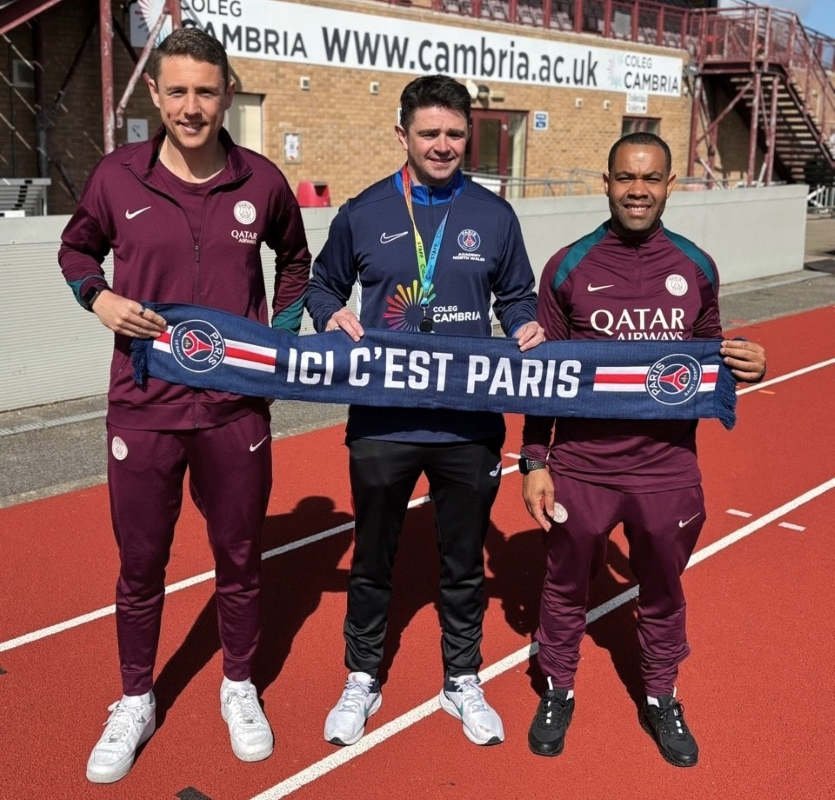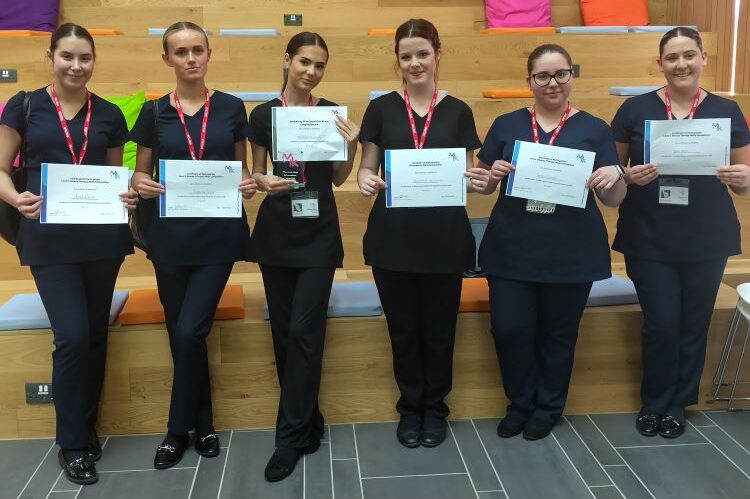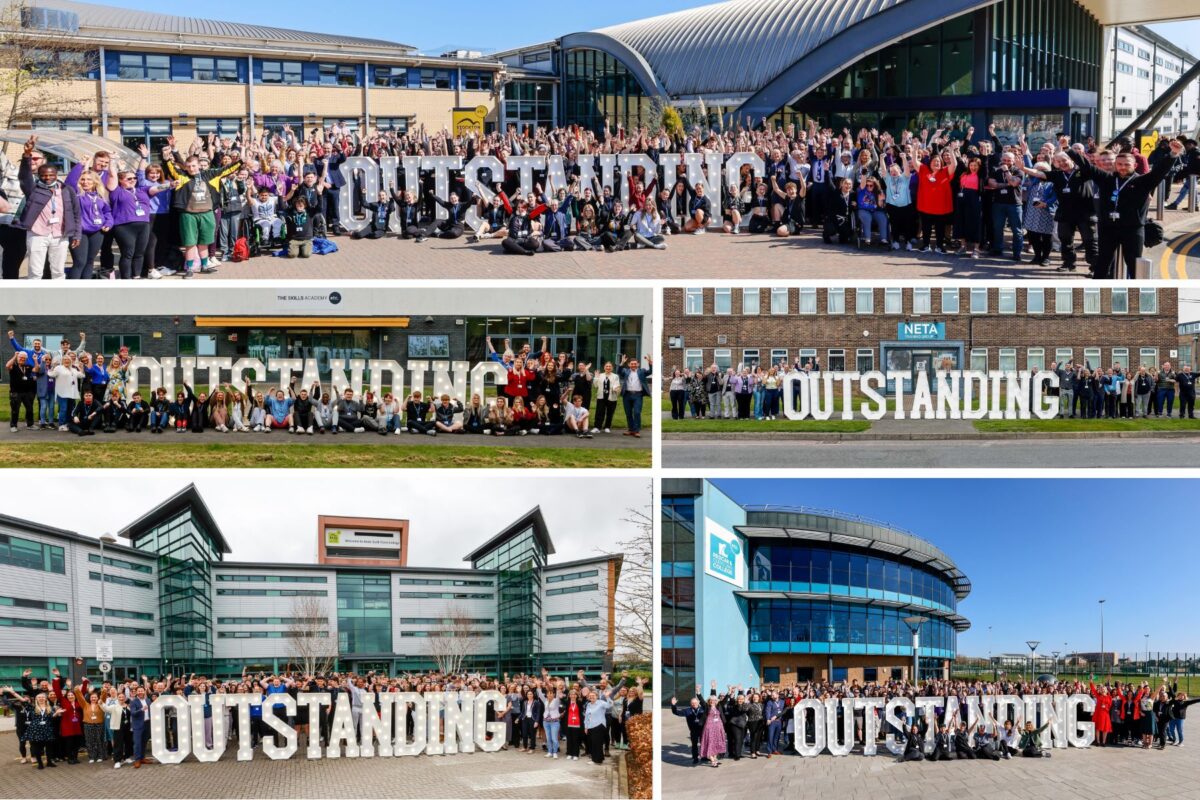The Critical Need for Life Competencies Development in the Classroom

Today’s rapidly changing world has significantly affected future outcomes for young people, in particular the nature of work. Over one-third of skills considered important in today’s workforce will change over the next few years because of the emergence and rapid advancement of new technologies. Some jobs will disappear, others will expand, and new roles will emerge.
As a result, students today must be taught the necessary life skills to adapt and meet changing requirements. These Life Competencies are broadly classified as the knowledge, skills and attitudes needed to participate effectively in the world and to fulfil potential in education, careers and life in general.
For students preparing to embark on the next phase of their journey after school, it is vital that they are equipped for a VUCA (volatile, uncertain, complex, and ambiguous) world. This is especially pertinent for students engaged in post-16 education when they need to be able to demonstrate the Life Competencies that they have developed. Therefore, it is crucial that educators understand how best to develop them throughout their school life, particularly during these critical years.
To address and better understand this critical need, International Schools Partnership (ISP), a global network of international schools across 23 countries, has partnered with Digital Education Futures Initiative (DEFI) and Cambridge Teacher Research Exchange (Camtree) of Hughes Hall, University of Cambridge, on an innovative research project on the teaching of Life Competencies in the classroom.
The project is the only one of its kind to conduct practical research into teaching Life Competencies with the backing of a major university. The Life Competencies report aims to provide insights into their teaching, learning and assessment to improve existing practice and to create a research-informed, inquiry-driven educational ecosystem to support teachers at all ISP Schools in further developing the ISP Life Competencies Model. The research project is aligned with the World Economic Forum’s (WEF) Education 4.0 Taxonomy and its holistic approach to empowering young learners to develop uniquely human qualities unlikely to be replaced by technology.
ISP’s Life Competencies model is based on that of McKinsey and Company’s Skills for Work with the addition of features from frameworks from United Nations and other international programmes like PISA. It identifies the ‘The Big 5’ competencies which underpin students’ success for academics and beyond – Cognitive, Self-Leadership, Interpersonal, Digital and Global. Working with 15 ISP schools around the world, the research project examines extensive qualitative data from lesson study reports to provide insight into how Life Competencies are developed and learned in the classroom.
The partnership with Cambridge-based institutions DEFI and Camtree will facilitate expert critical analysis of the data and the evaluation of the findings will be explored with ISP in the final report.
Key focus areas of the research include:
- Signature Pedagogies: Developing effective teaching methods tailored to different Life Competencies.
- Bringing Life Competencies to Life: Making abstract concepts relatable and engaging for students.
- Foundational Skills: Identifying essential Life Competencies that provide a solid base for further development.
- The Language of Life Competencies: Equipping students with the vocabulary to discuss their progress confidently.
- Engaging Stakeholders: Creating a collaborative environment where educators, families, and communities work together to embed Life Competencies.
- Inquiry-Led Innovation: Empowering teachers to actively participate in research and share best practices.
- Scaling Up Success: Developing strategies to integrate Life Competencies seamlessly into the broader educational framework.
Once complete, the learnings from the Life Competencies report will be used to create teaching frameworks, professional development resources and to guide the development of student resources for post-16 age groups by next year.












Responses